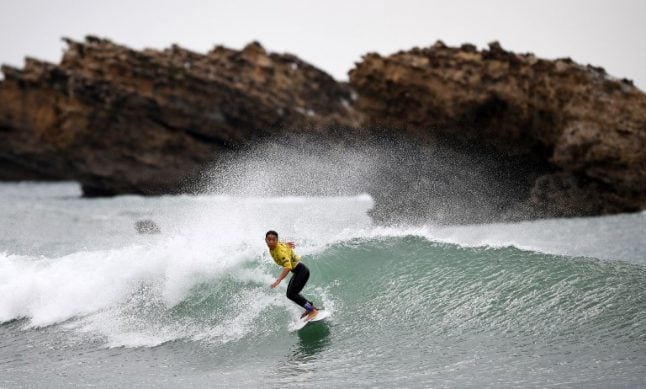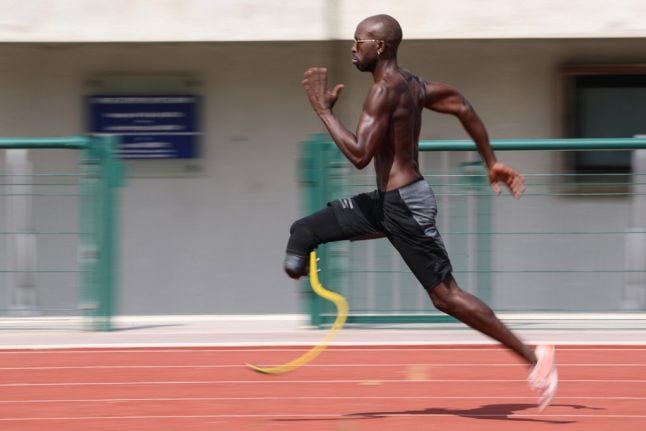Surfing will join the Olympics in Tokyo next year. It will stay on the programme in 2024, alongside rock climbing, skateboarding and breakdancing in an attempt to give the Games a youthful look.
Paris suburb Sevran has neither coastline nor river. It has a canal. It also has plans to open a leisure park, called “The Greater Paris Wave”, which will include a wave machine and is due to open in 2023 under the slogan: “Surf'in Sevran”.
READ ALSO

Sevran is the poorest suburb in the greater Paris region. Photo: AFP
It is also, local leaders said, the poorest department in the Parisian region.
All this, mayor Stephane Blanchet and regional administration president Bruno Beschizza wrote in a letter declaring the candidacy, makes Sevran an ideal candidate to host the surfing competitions in the 2024 Olympics.
They said the site would be in an “eco-designed” district “10 minutes from Charles de Gaulle airport” which would also include sports for the “young and urban” – skateboarding, climbing and breakdancing.
The park's biggest attraction would be an outdoor surf pool able to generate 1,000 waves per hour and accommodate 100 surfers at one time.
These facilities “will help spread the wealth generated and also the values conveyed by this global event” and make Sevran “a destination,” said the letter.
The president of the French Federation of surfing, Jean-Luc Arassus, has told local media that the planned Sevran surf was “interesting both from the economic and sporting” point of view.
“The artificial wave must be as close as possible to natural conditions, preserving the uncertainty of waves in the natural environment,” Arassus said, adding that, on the other hand, artificial waves remove the uncertainty of the weather.
He also said that there are more surfers in the populous Paris region than anywhere else in France and that “there is great potential to find among this population, a future world champion.”
Biarritz and Lacanau, which face the rolling Atlantic waves on the southwest coast of France, have also signalled their interest in hosting the sport for the Paris Games.
Many of the other planned Paris Olympic sites are along the banks of the Seine.





 Please whitelist us to continue reading.
Please whitelist us to continue reading.
Member comments